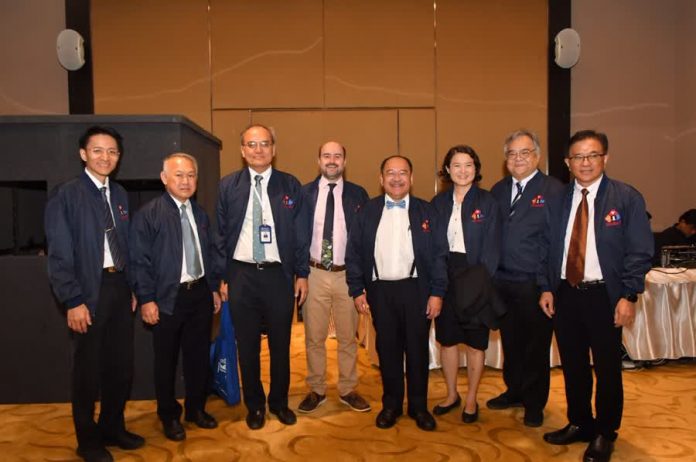BANGKOK(NNT) – Each year in Thailand, about 80,000 people get an antibiotic-resistant infection, which can be fatal. Now, educational institutions in Thailand and the United Kingdom have jointly launched a research project titled “One Health Drivers of Antibacterial Resistance in Thailand”, aimed at improving infection prevention and control.
The “One Health Drivers of Antibacterial Resistance in Thailand” research project is a collaboration between Thailand’s Mahidol University and the University of Bristol in the UK, with support from Chulabhorn Research Institute and its network partners. The Dean of the Faculty of Social Sciences and Humanities of Mahidol University, Dr. Luechai Sringanyuang, said today that antibacterial resistance has become a global health threat as bacteria have developed mechanisms to neutralize the action of antibacterial agents.
In Thailand, some 80,000 patients with an antibiotic-resistant infection, present for treatment each year. Drug resistant infections could reduce the country’s gross domestic product (GDP) by 0.6%, or at least 40 billion baht.
Main factors associated with antibiotic resistance include microbes, livestock, healthcare, agriculture and changing lifestyle. Cooperation by all sectors is needed to address the issue in a sustainable way. This research project will be used to create guidelines for the development of measures to improve infection prevention and control.


